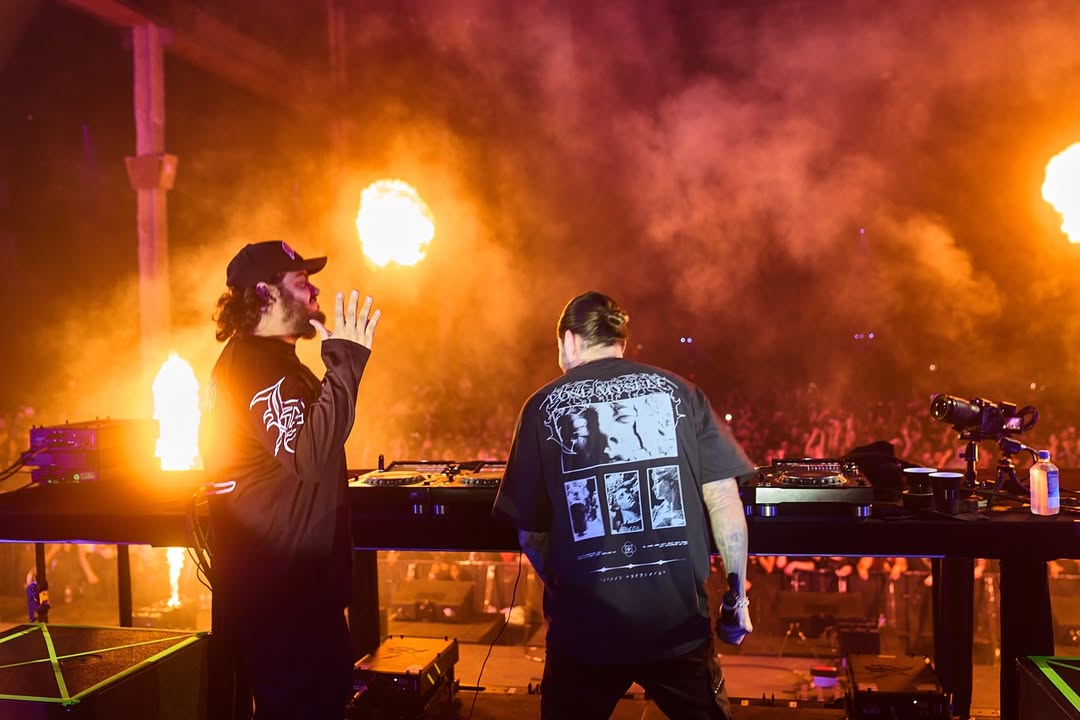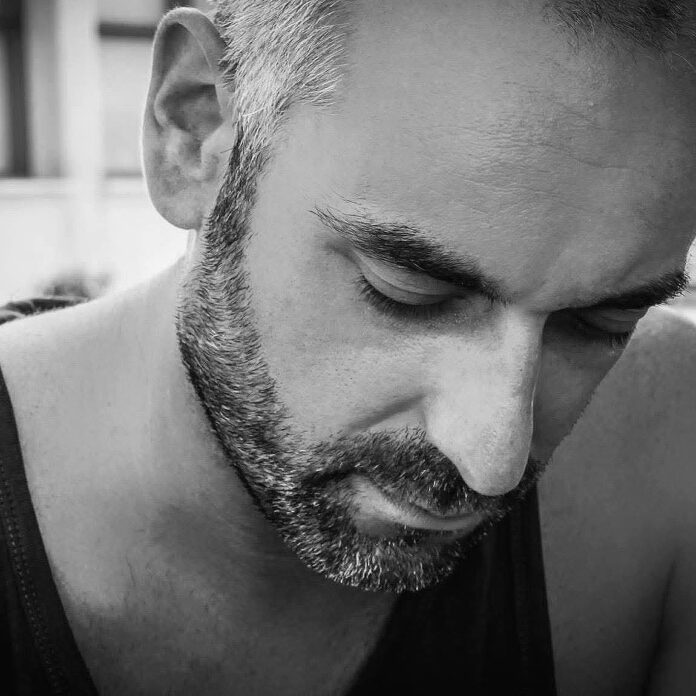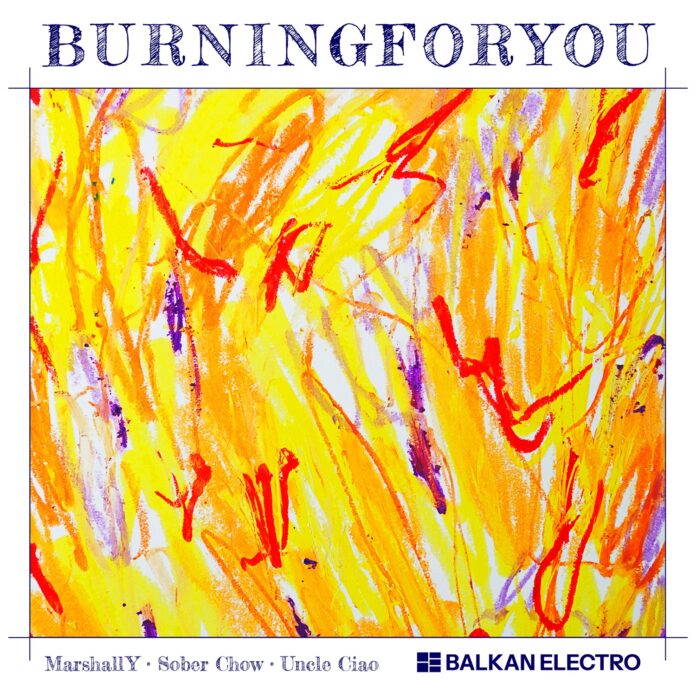Trends come and go in any medium, and in the case of anime and manga, Tokyo Revengers feels like a blast from the past. Although this time-traveling shonen series is set in 2017 and 2005, its central premise, juvenile delinquents, is a callback to the mid-to-late-20th century when such characters were more common. They don't make 'em like this anymore.
Much of Tokyo Revengers' cast represents an example of bancho, or Japanese delinquents, who were once all the rage in mainstream manga magazines and other works. Such characters have largely fallen out of favor -- today's manga series usually just have one token bancho-style character -- but Tokyo Revengers dives much deeper in embracing this theme.
How Tokyo Revengers Revived the Japanese Delinquent
Tokyo Revengers isn't necessarily trying to encourage other manga artists to take part in a bancho revival. Rather, it's simply being resourceful and creative, selecting a classic but fitting paradigm for its characters. After all, today's shonen scene is largely defined by supernatural powers, martial arts titles, and parody series such as Mashle. But like a true bancho of yesteryear, Tokyo Revengers is going against the flow and defiantly carving out its own identity, regardless of what the masses think. It's a tough kid that needs no rules except its own.
More to the point, Tokyo Revengers isn't necessarily a genre reconstruction of 1960s/70s-era bancho stories or a parody -- from its fashion to its gang turf wars, it is part of that genre, simply adding a time-travel twist to keep things fresh. In that way, it can make its own story while respectfully and accurately reviving the bancho genre for a new generation for readers who weren't alive to see the originals in action.
Bancho-Style Characters In Other Anime
Tokyo Revengers is one of the few current manga/anime franchises to completely embrace the delinquent concept from top to bottom, though other modern series include token bancho-style characters. This allows them to briefly pay tribute to classic delinquent stories without fully committing to the theme. It's like a pop culture reference: thorough enough to be understood, but brief enough to not be disruptive or warp the storyline.
JoJo's Bizarre Adventure's hero Josuke Higashikata is one such character. He's a cool, tough street punk with a pompadour hairstyle and a rough attitude, but ultimately a hero at heart. In some ways, his personal arc pays tribute to Yu Yu Hakusho's Yusuke Urameshi, who is a good-hearted delinquent himself.
Another clear throwback to the bancho era is Metal Bat from One-Punch Man, who ranks among the elite S-ranked heroes of the Hero Association. He is a lot like Josuke and the cast of Tokyo Revengers, from his rough attitude and look to his parted uniform jacket and aggressive melee combat style. Given the humorous nature of One-Punch Man, it's no surprise that such a conspicuously outdated but cool character would be involved.
A subtler nod to the delinquent golden age is Bleach protagonist Ichigo Kurosaki. Unlike some other bancho characters, Ichigo gets good grades and cares more about his friends than street cred, but he has an uncouth and aggressive personality when people annoy him -- and his shocking orange hair annoys his teachers. Ichigo is a stubbornly independent person who follows no rules except his own and has a sense of punk honor where his friend Chad is concerned. He is ultimately a supernatural Soul Reaper rather than a true bancho, but there's room for a tiny nod to the delinquents of decades past all the same.
Thus, this decades-old genre feels brand new to younger readers, distinctly going against the current shonen meta to create a defiantly fresh voice in the medium. It also manages to feel nostalgic for older readers and/or 20th-century classic enthusiasts. By doing this, Tokyo Revengers and other shonen series that take inspiration from bancho can appeal to the widest possible variety of readers.
About The Author

